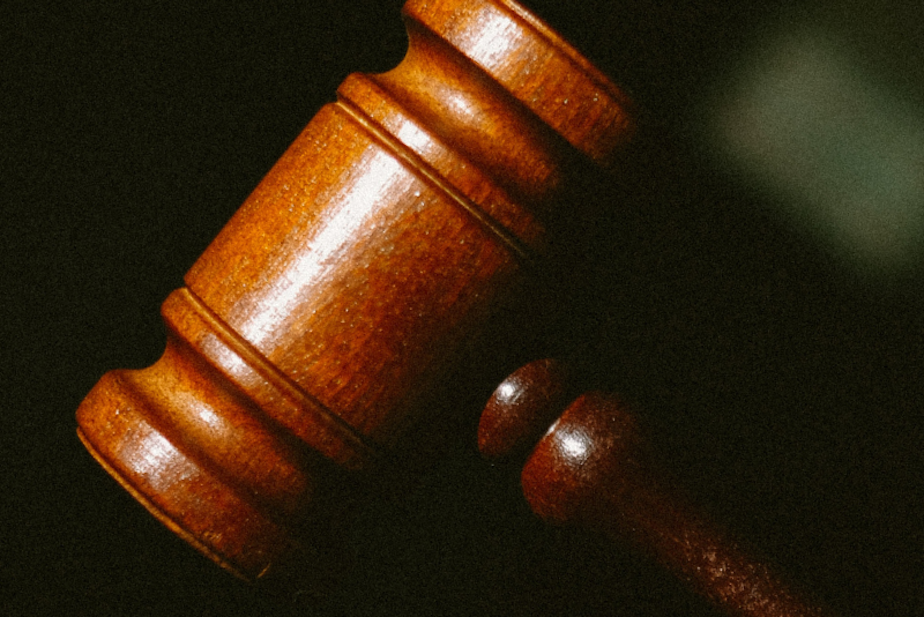Lawyer shortage creates potential constitutional crisis

There's a guaranteed right to counsel for criminal defendants in the United States, but counties and cities are having a tough time hiring public defenders.
In some places, people accused of a crime are going without representation for weeks because there aren't enough defenders to handle growing case loads.
"There is a high likelihood, given the trends in the last few months, that persons in our jail will not have access to counsel for critical hearings, in their cases for quite a while," said Paul Kelley, director for the Office of Assigned Counsel in Yakima County. "As of the beginning of this month, we had folks in our jail that may be waiting six to seven weeks before they can access counsel to get into court to answer for their cases."
Most jurisdictions in the state are dealing with a public defender shortage.
"We're teetering on the edge of some kind of constitutional crisis. We are also teetering on the edge of a court rule crisis," Kelley said.
Sponsored
Kelley has seen this problem coming for a number of years. It has been difficult to attract new law grads with high debt loads to lower paying public service work. Retention has also been challenging; an increase in complicated cases and high case loads have led to burnout among public defenders.
Kelley said that Yakima County recently raised the pay of public defenders by 20%, but he's looking for more ways to bring people in to the profession and compensating for the public defender shortage is a long game.
"Recruiting people coming out of law school to start a career in public service, particularly public defense, takes a lot of time and energy to train them, so that a few years after that they're ready to take on cases that we that we don't have capacity for now," he said.
The lawyer shortage isn't just affecting the number of public defenders, it's impacting how communities function.
"Our community is going unserved, whether you're involved as a defendant or a victim in the criminal legal system, or you're somebody who needs family law services, immigration services, business services, this lawyer shortage is affecting all of us," said Bree Black Horse, the director of the Law School Admission Council Pre-Law Undergraduate Scholars Program at Heritage University and an enrolled member of the Seminole Nation of Oklahoma.
Sponsored
The program is about a half an hour southeast of Yakima, in Toppenish, and is designed to send local Indigenous and Latinx students to law school with the goal that they'll come back to practice in Central Washington.
The program is a joint effort between the University of Washington, Seattle University, Gonzaga, and Heritage University, which is one of only two universities in the nation designated as a Hispanic Serving Institution and a Native American serving non-tribal institution.
This year's program includes 30 Latinx and Indigenous students with more on the wait list.
"Our goals are to prepare our participants to apply to law school and expand their knowledge of the legal field," Black Horse said.
The program runs through the summer and includes sessions with Washington Supreme Court Justices Steven Gonzalez and Mary Yu and admissions counselors at Washington state law schools.
Sponsored
Ultimately, Black Horse, who also works as a senior associate in the Native American Affairs practice group at the law firm Kilpatrick Townsend & Stockton, wants a law school in Central Washington.
"A lot of members of our community, the geographic, economic, cultural barriers associated with uprooting your life and moving to somewhere like Seattle or Spokane are insurmountable," Black Horse said. "And there is no reason why people should have to leave this community to pursue a legal education."





